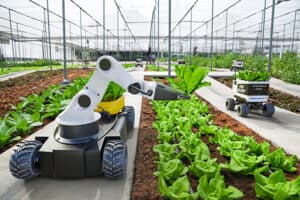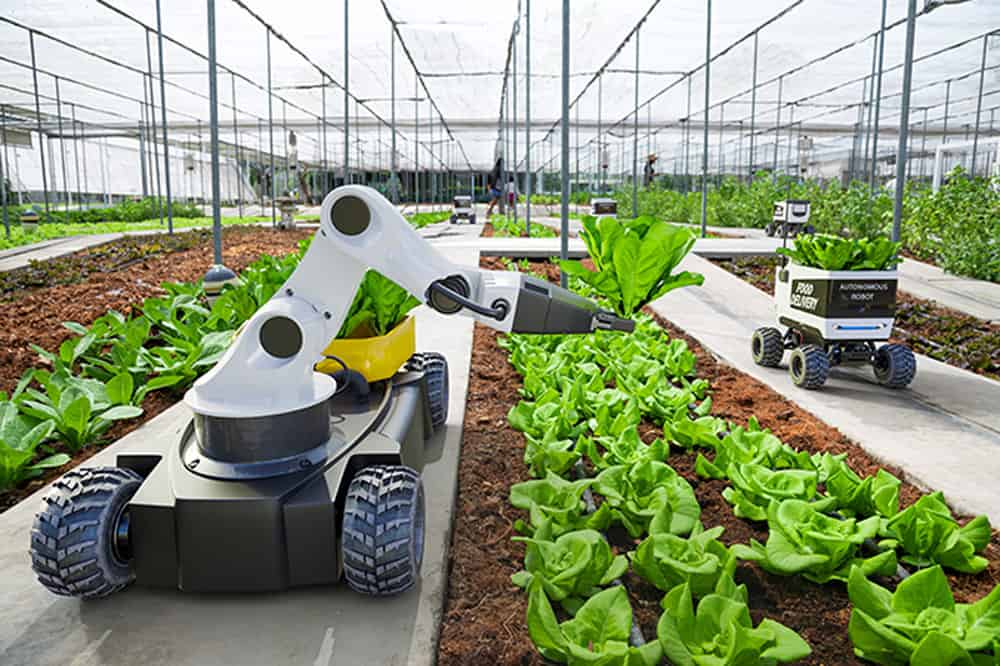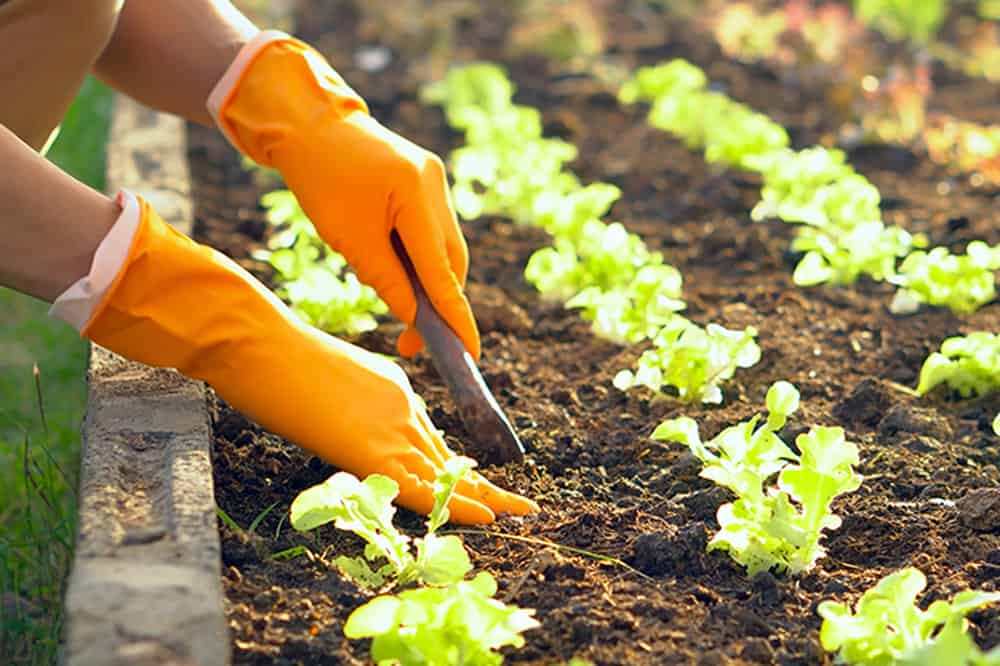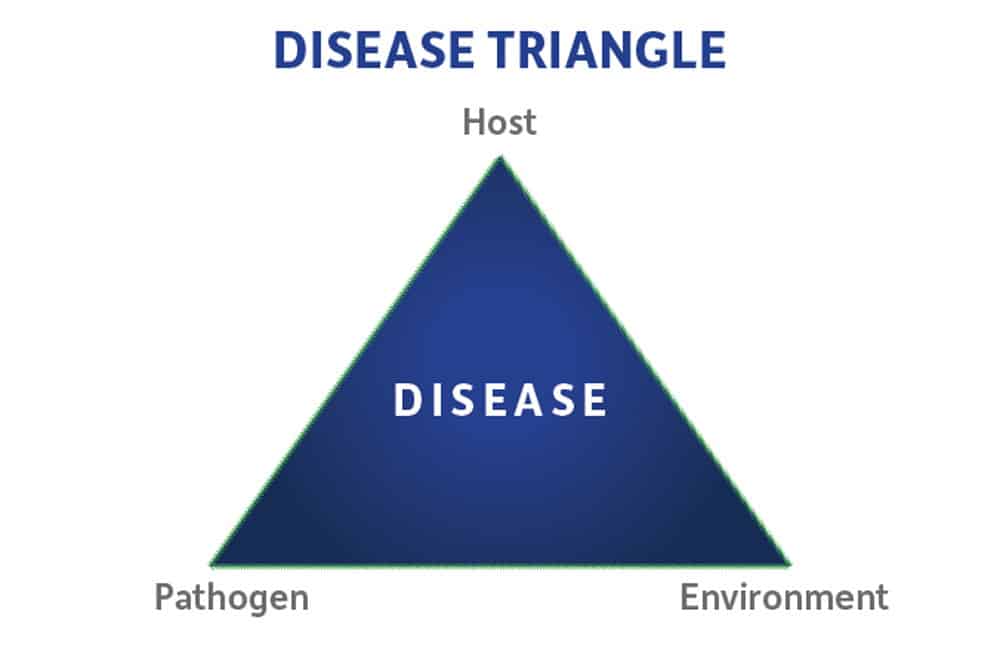Smart technology will allow growers to pinpoint and determine solutions to protect crops and their yields.
It appears artificial intelligence (AI) and other smart technologies are dominating the conversation in agriculture. That’s what happens when machines are everywhere these days, helping us perform simple tasks like turning on lights, to helping write the perfect speech. And these technologies are being created to learn and improve their performance of various tasks faster and more efficiently – with some containing microchips that function 100,000 times faster than the human brain.
While AI is touted for being able to think lightning-fast, its thinking capacity also raises concerns. Even proponents of AI hope it’s not moving too quickly down the tracks to the point where it becomes a runaway train. Sundar Pichai, the CEO of Google, a leader in AI research and development, said it will be ‘as good or as evil’ as people allow. Understanding the technology and how it can work to improve our performance will be critical in directing its use and overall success in benefiting our society.
AI in Ag
What can AI look like within the agricultural industry?
AI is beginning to establish its presence in agriculture. According to “Forbes” media, autonomous-farming in the U.S. is surging, with about 200 AI-based agricultural startups.
At a recent press event in Missouri that focused on a new precision agricultural technology that harnessed AI, Chris Chinn, Director of the Missouri Department of Agriculture, remarked: “This is an amazing day to be able to witness this technology at work. I think if I had told my grandparents about what we have here today, they wouldn’t believe it.”
Chinn was talking about a new targeted spraying technology that combines computer vision and machine learning to detect weeds from crops. The technology sprays herbicide only where weeds are present, significantly reducing the amount of non-residual herbicide needed to control weeds. 
Such technologies are coming to the agricultural forefront to help growers become more efficient, from identifying and treating pests to detecting where crops are most nutrient deficient and why. These technologies can help growers save time and money by scanning, specifying, and applying products based on real-time crop needs.
AI and smart technology can have a tremendous impact in multiple agricultural spaces, from sustainability to plant health.
The technology aids growers in their constant quest to achieve the 4Rs – right source, right rate, right time, and right place – could be a game changer.
Providing More Insights for Balancing Hormones and Nutrients in Crops
For instance, balancing a plant’s hormones with the help of data accrued from AI and smart technology can help maximize a crop’s perfrormance when weather or stress conditions threaten hormone imbalance. Using technology in this way can help farmers make more accurate and educated decisions about what nutrients and inputs needed for their field and where to apply them. This level of information could reduce the overall amount of input needed, which is good for the environment and grower’s wallets.
AI will also accelerate and improve plant health and crop inspection through its ability to collect and analyze data quickly. Then, decision-makers on the farm can make crucial decisions in the field faster.
The bottom line: AI will allow growers to pinpoint and determine solutions to protect crops and in turn, their yields.
It’s Moving Fast
While some are concerned that AI is moving too fast, the agricultural industry may need it to move fast, as farmers are tasked with growing more healthy food to feed the world while contending with many challenges, from rising input costs to weather issues. The U.S. Department of Agriculture (USDA) recently said that it’s more important than ever for growers to “strategically manage” nutrients, especially considering the high price of fertilizer and other inputs. AI can help.
“AI is meant to serve in a long line of technology tools for agriculture to better itself. To witnesses of these types of systems in action, they offer enhanced speed of operation, product efficiencies, and to further the cause of sustainable agricultural practices as a result,” an industry insider recently observed.
The U.S. Department of Agriculture’s National Institute of Food and Agriculture (NIFA) is on board with AI, saying the AI activities supported through its programs “advance the ability of computer systems to perform tasks that have traditionally required human intelligence, including machine learning, data visualization, natural language processing and interpretation, intelligent decision support systems, autonomous systems, and novel applications of these techniques to agriculture and food production.”
Looking for crop solutions that can help growers maximize crop nutrients and water intake? Stoller’s plant performance products help support optimum growth when weather or stress conditions can cause imbalances. Learn more about how Stoller can help growers boost crop yield and quality by contacting a local subsidiary.





 Argentina
Argentina Australia
Australia Belize
Belize Brazil
Brazil Chile
Chile China
China Canada
Canada Colombia
Colombia Costa Rica
Costa Rica Dominican Republic
Dominican Republic El Salvador
El Salvador Europe
Europe Guatemala
Guatemala Honduras
Honduras India
India Mexico
Mexico Nicaragua
Nicaragua Panama
Panama Peru
Peru Philippines
Philippines South Africa
South Africa Tacchino
Tacchino